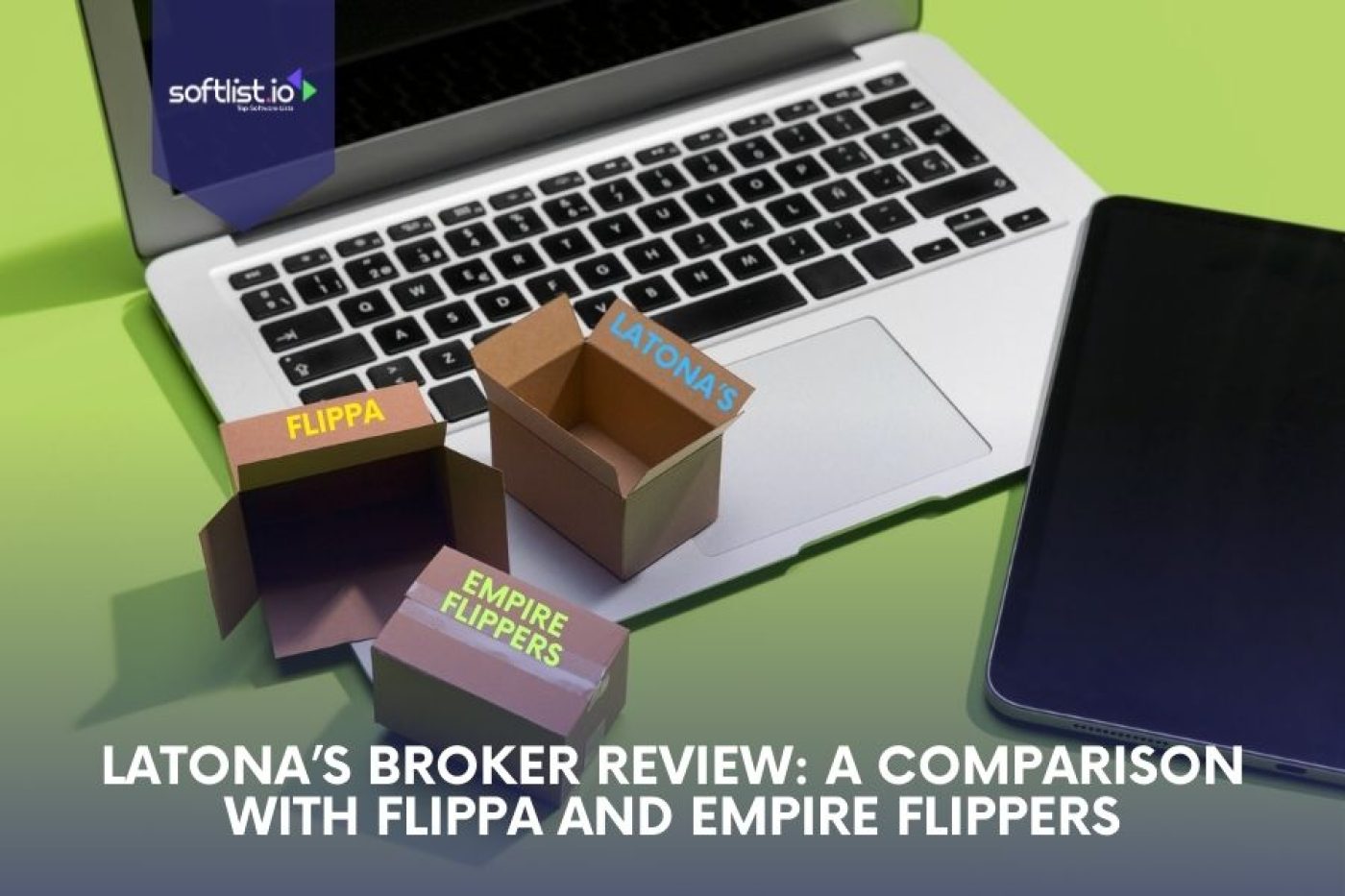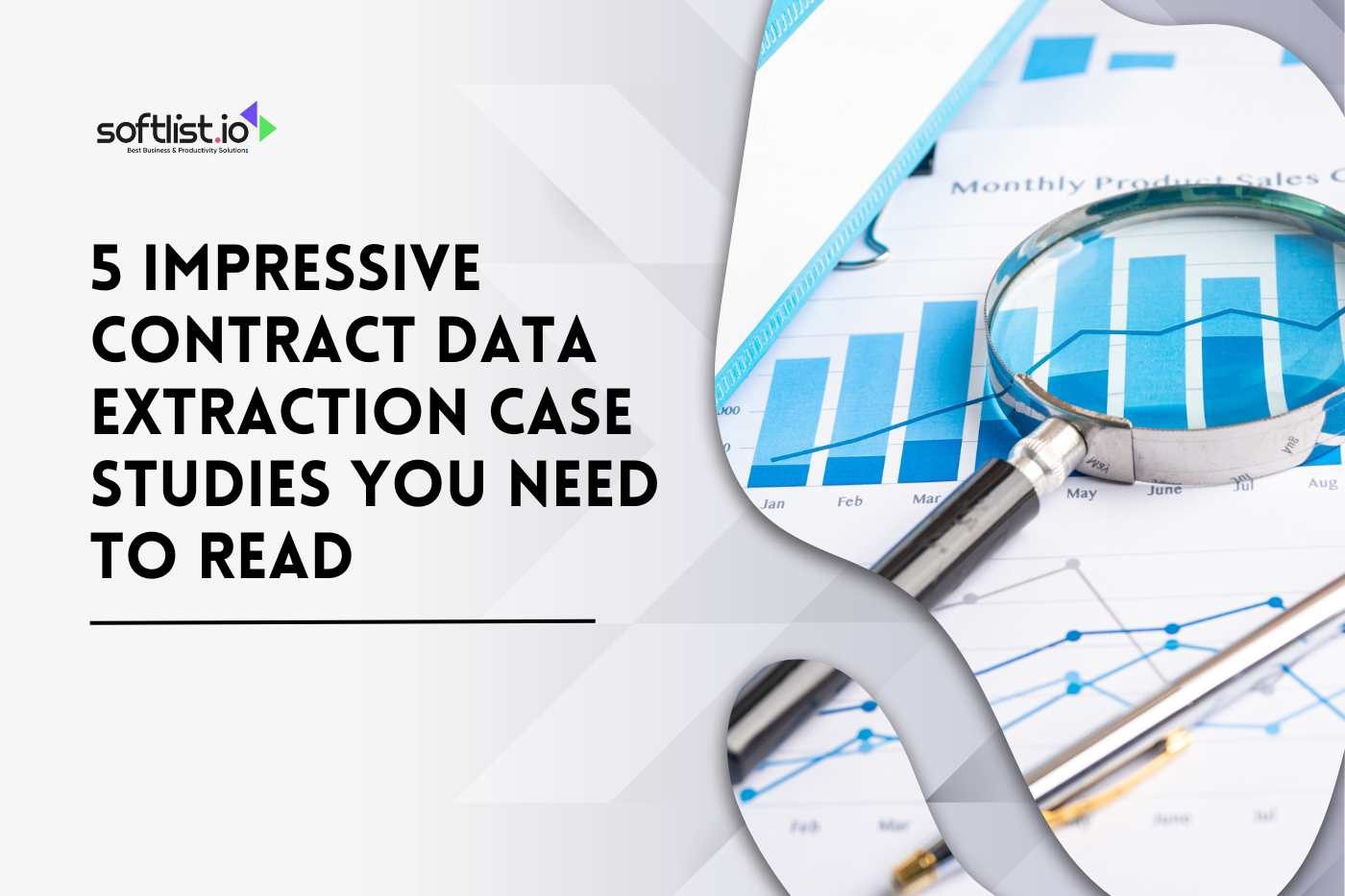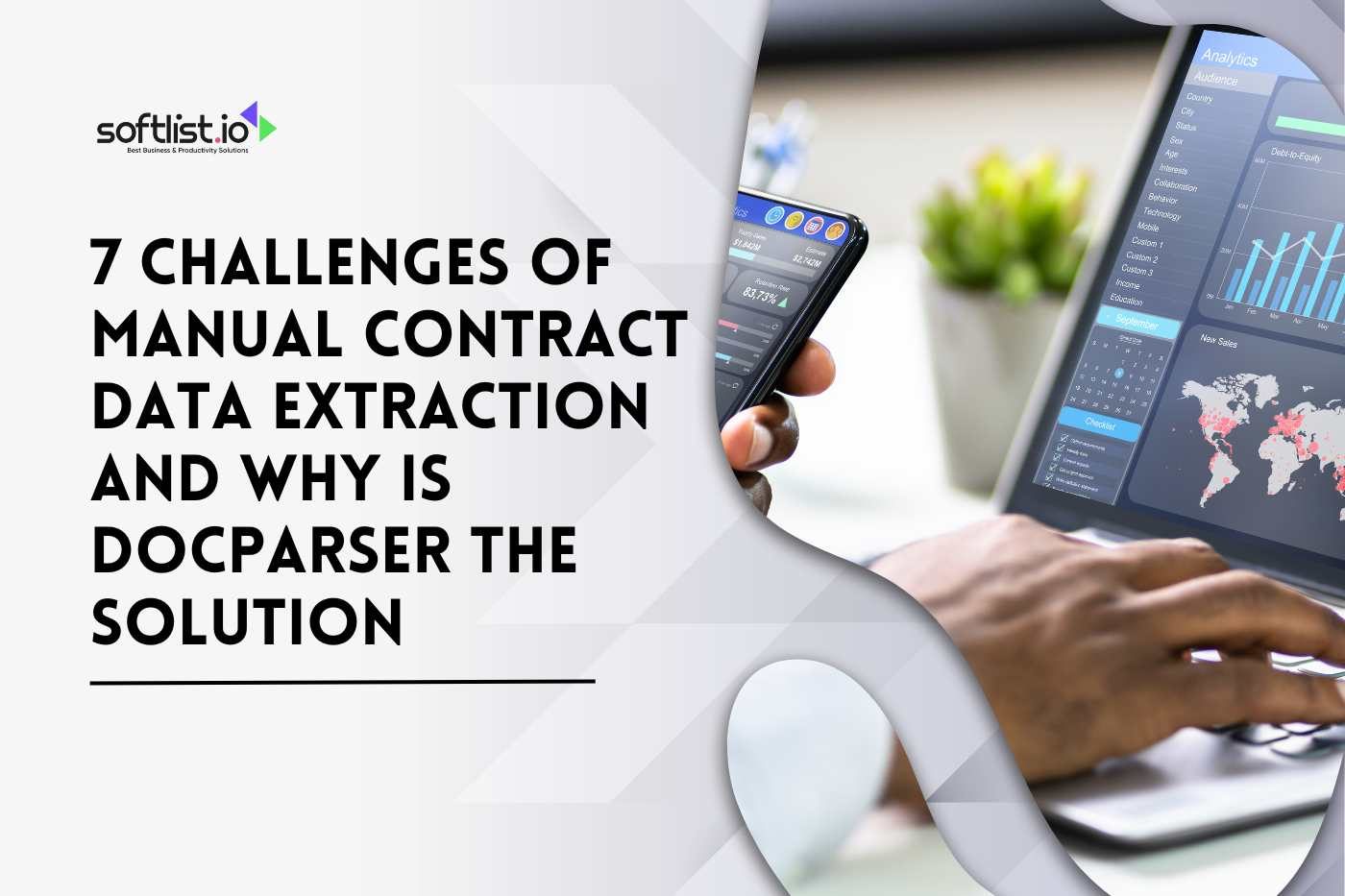Whether you’re buying and selling or managing real estate, it is one of the most profitable and stable sectors nowadays. This is further accentuated by the fact that in Europe, the “brick” represents the concept of security that every citizen dreams of. Therefore, it is understandable that blockchain in real estate represents an incredible opportunity for entrepreneurs and investors. However, we cannot say that the real estate market boom has gone hand in hand with the technological boom, even though these have happened in tandem.
Purchasing, auctions, rentals, and document management still use a predominantly analog approach, effectively not taking advantage of what digital offers. Digital transformation is driven by data analytics, the implementation of innovative technologies, and the digitization of processes and services. At the forefront of this are the blockchain trends we’re seeing — and that’s what we want to look at today!
What are some possible applications of blockchain for real estate? In this article, we will explain everything you need to know in detail.
A Key Concept to Know about Blockchain: Ownership
Before we list the three most relevant blockchain applications for real estate, you should know the concept of “possession.”
If you are familiar with the blockchain, you will know it represents a decentralized digital ledger. Every piece of data recorded on this innovative technology will remain imprinted forever. The blockchain also allows the ownership of unique digital tokens. An NFT can represent any “real-world” asset, including, of course, real estate.
In the following few paragraphs, you will discover the applications of blockchain for real estate. Also, we will see how and in what contexts NFTs can be used to transform one of the sectors most in need of digitization.

Source: Pixabay
1. Buying and Selling Without Intermediaries
The first significant benefit of blockchain is decentralization. This technology originated in 2009 alongside Bitcoin’s emergence. The goal was to decentralize the power hitherto wielded by banks in the economic sphere.
By its very nature, blockchain allows for decentralization in whatever sphere it is applied. But what does decentralization mean in real estate? It is straightforward: disintermediation of the figures involved today in the “chain” of buying a property.
Here’s a concrete example: Suppose you want to buy a new apartment in the center of Barcelona. It would help if you found an apartment suited to your needs. You can rely on a real estate agency or an aggregator.
In any case, you will have to go through a broker who will take a commission on the total amount of the house. Once you have decided to buy, you must acquire the deed, which a notary must sign. This is an obligatory step that you must deal with, which involves a commission for the said professional.
If this process occurred on the blockchain, individuals would not need to justify or countersign transfers in any manner. Both the agency and the notary’s professional figure become redundant entities.
Let’s be clear. This is one of the most futuristic applications. Why? Because the notary figure is strictly necessary to complete the buying and selling process right now. However, the blockchain may entirely replace this in the not-too-distant future.
In this regard, let’s see why it is possible to delegate the process of registering a purchase and sale to “blockchain” technology.
2. Tokenization of Real Estate
Blockchain opens the door to opportunities that, until recently, we would have thought impossible. Tokenization is one of them. In this process, we associate a property with one or more tokens registered on the chain.
What does it mean? It means that any building can be “unpacked,” thus enabling the purchase of one or more parts of the building itself.
By its very nature, the real estate market is not particularly liquid: purchasing a property is bound by a lengthy buying and selling process. Indeed, it only allows those who invest in it to liquidate their investments quickly. Tokenizing a property means:
- Making a market accessible to “less wealthy” segments of the population, as a fraction of property costs a fraction of the price of the property itself.
- A person’s assets are more liquid since they are priced lower and can be traded directly on secondary markets on one’s computer (you only need to own a crypto wallet).
Of course, the blockchain in real estate crowdfunding market existed years ago, although it is only now being talked about more. It allows small, medium, and large investors to invest in fractions of real estate.
However, no companies currently associate real estate equity with NFTs on the blockchain. This means that the current market carries more risk than that associated with the investment precisely because it is centralized.
Let’s simplify by giving a concrete example of how tokenization can serve the blockchain in real estate industry.
Rosemary regularly invests in the stock market: every month, she allocates a portion of her cash to equity ETFs. However, Rosemary likes to diversify and has identified the blockchain in real estate market as an opportunity. At this point, after searching on the internet, she finally finds a marketplace selling properties under construction.
These properties (sold as tokens) are sold once built. They generate a capital gain on the final price, which is distributed to the different investors. Rosemary then decides to buy ten tokens of a property under construction in Barcelona. It is equivalent to 0.5 percent of the total value of the property.
She can now connect her crypto wallet to the marketplace. Also, she purchases the ten tokens that guarantee her actual ownership of 0.5 percent equity in the property.
Eighteen months later, the property was sold. It will now generate capital gain that will be distributed to Rosemary. She can claim liquidation by “burning” her tokens for the economic consideration of the tokens.
Any building can be divided into any number of tokens, each representing a portion of the building. In this example, a house has been subdivided into five tokens, each worth 20 percent of the house.
Anyone who, therefore, holds one of these tokens in their crypto wallet is, for all intents and purposes, the owner of equity in the house. The tokens can be held or sold as if they were equity shares.
This process would not have existed without the technological support of the blockchain and the “unpacking” of blockchain in real estate. And this change will allow small investors like Rosemary to invest in this area.

Source: Pixabay
3. Cadastral Archiving
As anticipated in the previous paragraphs, the blockchain in real estate sector needs to be updated not only from the point of view of sales processes but also (and especially) from the point of view of public administration.
All cadastral deeds (and, more generally, documentation regarding buildings) are created and stored in paper form. As you can imagine, this results in:
- Unnecessary consumption of paper.
- Documentary dissimilarity (different digital tools to collect the same information).
- Challenges in finding a particular document from a citizen or municipality
Let’s explain further: any file can be recorded on the blockchain, such as a photo, a video, or a document. However, it would be impractical to store this amount of stuff on the blockchain, as it might include large files, which could increase the size of the chain to the point where it would be difficult for most users to handle.
Instead, a centralized database may be seen as a solution – like an external cloud. These files could then be indexed using alphanumeric codes, which would be small enough to be stored on a blockchain.
Alternatively, the files could be stored in super-lightweight formats. This might allow a blockchain of cadastral archives to function without becoming unwieldy. To date, this archiving process has yet to take hold, but we anticipate that in the not-too-distant future, it may allow for much better property records management than today.
Blockchain in Real Estate: Conclusion
Now that you know some of blockchain’s application contexts for real estate, you can start to decide how to apply all its benefits to your business idea.
Why consider this area if you haven’t yet? The reason is simple. When we talk about blockchain in real estate, we are talking about an incredible tool with a lot of potential, offering an endless array of benefits.
With time and further development of technology, the potential will become even more pronounced, and who knows? One day, buying a house anywhere in the world, completely in cryptocurrency, could be as easy as drinking a glass of water! Whatever comes next, there’s no question that it looks exciting.
FAQ
How Secure is the Blockchain?
The blockchain is based on principles of decentralization, advanced cryptography, and network consensus. These elements combine to make a secure environment. Transactions can happen without intermediaries or central authorities.
However, cryptocurrency leaks do still occur at times. They are usually due to security failures occurring elsewhere in the crypto ecosystem. Always protect your passwords and rely only on trusted platforms; all should work out for the best.






